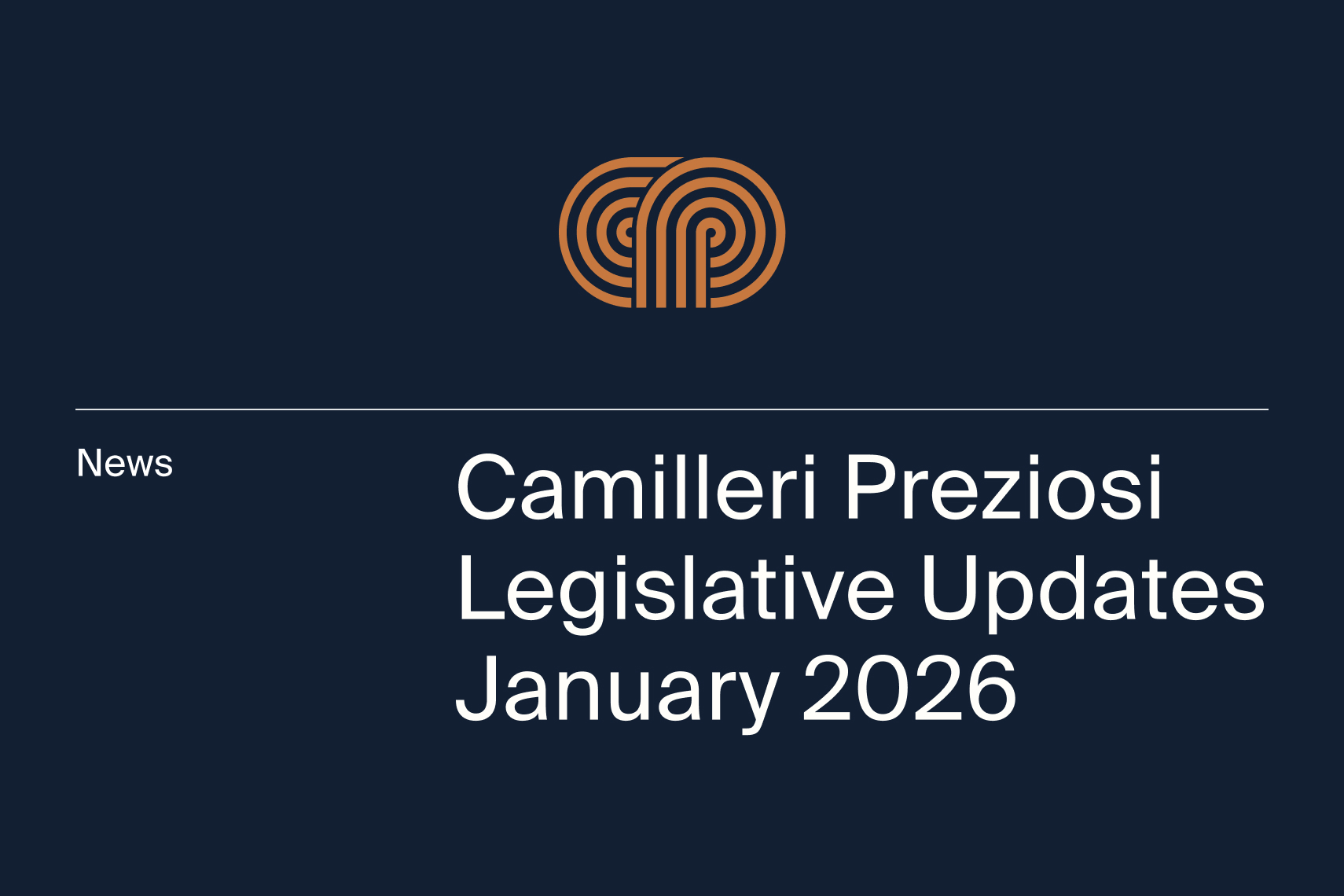The Parliamentary Secretariat for Social Accommodation has issued a White Paper with various proposals aimed at reforming the Private Rent Sector (“PRS”) through the introduction of a new regulatory framework focusing on increasing security, transparency and predictability of the market in the longer term.
The White Paper identifies 8 major shortcomings in the current regulatory system: these being the brevity of rental agreements offered, the lack of possibility for renewal, the short notice period when such renewal is offered, the lack of a specific quasi-judicial body capable of deciding minor issues, the lack of a Tenancy Deposit Scheme, the lack of guidelines managing Housing in Multiple Occupancy (“HMOs”) and the need for an entity tasked with informing both landlords and tenants of their respective rights and obligations at law.
The White Paper seeks to address these shortcomings through 3 main courses of action: the enactment of a regulatory framework for the stabilization of rents in the medium-term whilst assuring minimum safeguard for tenants, the introduction of a series of measures aimed at improving the sector in the short-term and the development of a medium-to-longer term strategy for an increase in the supply of affordable housing.
The regulatory framework envisaged by the White Paper shall only be applicable to agreements negotiated for primary residential purposes yet shall accommodate such exceptions as full-time students and workers who would not necessarily use them for primary residence purposes. The proposed framework shall generally exclude short-term leases, with the White Paper strongly recommending the removal of six-month leases, except when such short-term leases are made for temporary workers, students enrolled in tertiary and vocational education and residents who need to rent alternative premises for a temporary purpose. It is worth noting that leases negotiated prior to 1995 and luxury properties (to be defined in separate guidelines) shall also be exempt from the framework’s applicability.
The proposed Rent-Stabilising Framework shall seek to steady the PRS by introducing minimum contractual terms, capping any rent increases that may be levied during the contractual term and the optimization of the Rent Subsidy Scheme. The White Paper proposes two distinct frameworks, the first enacting a mandatory minimum contractual duration whilst the second proposing longer leases through fiscal incentives. Neither of these proposals shall control initial rents and both shall allow yearly rent adjustments within legal parameters. The proposal reaffirms the position wherein both tenant and landlord are not bound to continue their juridical relationship in perpetuity but must however conform to minimum durations and adequate notice periods respectively.
Other measures aimed at improving the PRS include a reform of the eviction process through clarification of the wording of Article 16A of Chapter 69 relative to summary procedures in the Rent Regulation Board (“RRB”) and the introduction of a second chamber to this Board, amongst other measures. The White Paper also suggests the introduction a requirement for landlords to declare any amounts deposited and present an inventory of the premises, the management of private residential leases through formal registration of agreements, the blacklisting of abusive tenants and landlords and the creation of a public agency to handle all such matters of registration and enforcement.
Furthermore, the White Paper proposes the optimization of the Rent Subsidy Scheme aimed at lifting the housing cost overburden through means-tested mechanisms, the promotion of bank transfers, closer collaboration with ARMS Ltd to ensure guarantee of access to water and electricity services to tenants, the rehabilitation of vacant dwellings for rent and the diversification of the market through the creation of Affordable Housing Foundations, Public-Private Partnerships and Real Estate Investment Trusts. To conclude, the White Paper proposes the introduction of Minimum Habitability Standards and the regulation of HMOs and the Regulation of Estate Agents as part of its long-term measures for the PRS.










